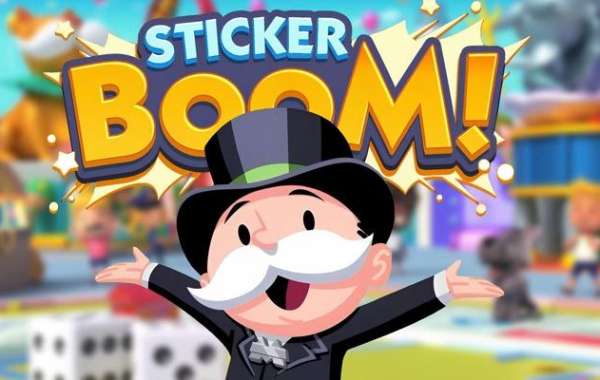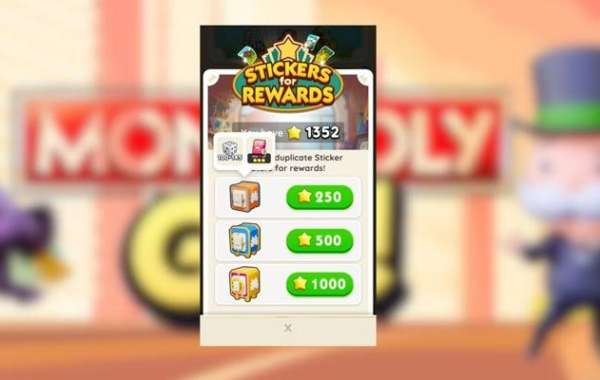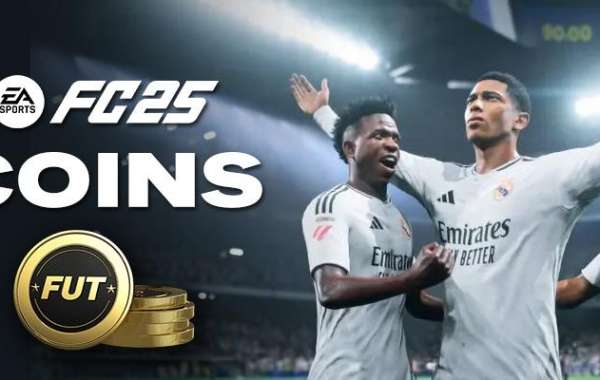The other side of OSRS gold the Caribbean Sea in Atlanta, about 2,000 miles away from Marinez living Bryan Mobley. When he was a teenager He played RuneScape frequently, and advised me using a telecellsmartphone's name. "It was a laugh. It was an excuse to glaringly bypass doing homework. It was like that," he stated.
Now 26 years vintage, Mobley has a different view of the sport. "I do not see it as an online international anymore," he advised me. To him, it's something like a "range emulator," some thing similar to the digital roulette. A surge in the amount of foreign currency in sports is an infusion of dopamine.
Since Mobley started playing RuneScape in the early aughts there was a black market effervescent underneath the pc sport's financial system. In the realm of Gielinor the players could trade objects such as mithril's longswords, yak disguis.
Herbs harvested from herbiboars--and gold, which is the game's foreign money. At some point, players began swapping in-sport gold for real dollars. This is called actual-international buying and selling. Jagex the developer of the game is against such exchanges.
Initially, selling and buying occurred informally. "You might buy a little gold from a buddy at university," Jacob Reed, an acclaimed author of YouTube videos on RuneScape that has been navigating the way of means of Crumb writing in an electronic message to me.
In the future, calls for gold outstripped supply, and a few gamers are now full-time gold-farmers, or people who generate the currency in games to cheap OSRS GP sell as real-world money.








